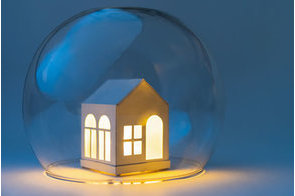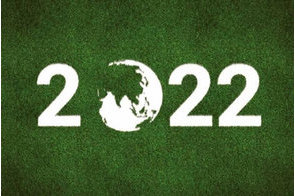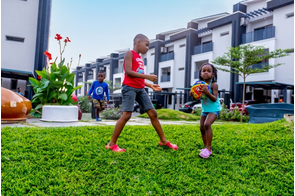Real estate as catalyst for achieving many of the SDGs
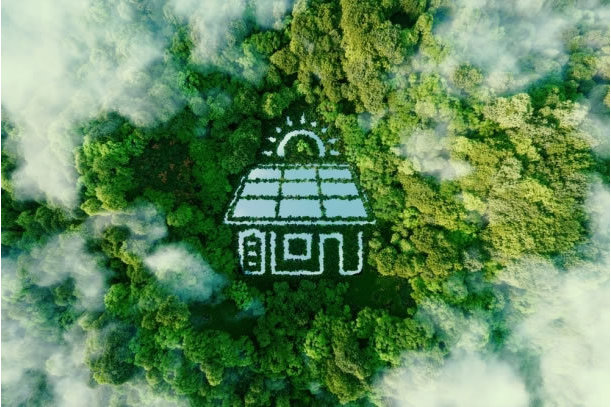
Summary
The capability and also vulnerability of the real estate sector compel it to play a leading role in environmental stewardship and fighting climate change.
The 17 Sustainable Development Goals (SDGs) of the 2030 Agenda form an intelligible framework for addressing the most urgent global issues. Achieving the goals requires not only government efforts, but also of persons and organisations. Corporate reporting of progress has therefore shifted around the SDGs, as organisations are increasing focusing on sustainability, and as the world approaches the year 203o.
However, in Africa’s most populous country, largest economy, and most notable democracy, Nigeria, there is still a large gap between organizations’ good intentions and their ability to incorporate SDGs into their own business strategy. A weakening economy and rising insecurity are undermining democratic development, amid deepening distrust in underperforming public institutions.
A survey by The Nigerian People in 2020 identifies some of the key economic, social, and environmental issues facing the country. Respondents specifically mentioned crime and insecurity, unemployment, lack of access to electricity, and inadequate infrastructure, amongst others. The country has a herculean task of overcoming the challenge of security nationwide ahead of the national and state elections in 2023. The economic and security crises are variegated across localities, which demands community-level solutions apart from national ones. Corporate organisations have to be more involved in solving the social and environmental challenges in the communities where they operate.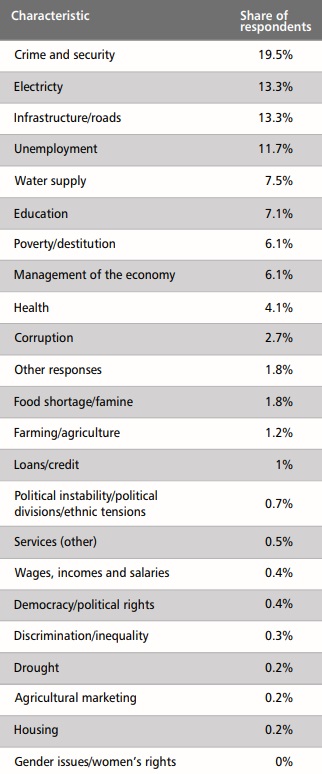
Real Estate and the SDGs
The real estate sector, due to the nature of its core operations, has the capacity to contribute to the attainment of many of the SDGs. At the same time, it is vulnerable to the impact of climate change given the nature of assets in the sector. The capability and also vulnerability of the real estate sector compel it to play a leading role in environmental stewardship and fighting climate change.
As Nigeria, like the rest of the world, is grappling with a faltering post-Covid-19 economic recovery on account of high inflation and geopolitical tensions, efforts have to be renewed to reduce the hardship that the people are facing in the immediate term and foster a brighter future for all the citizens. The ways that government, developers, and the wider private institutions can use real estate to mainstream efforts at achieving some specific SDGs are highlighted below.
SDG 3 (Good Health and Well-being): A key component of good physical and mental health and wellbeing is having access to affordable, secure, and stable housing. The Global Wellness Institute believes that residential real estate is the next frontier that will be radically transformed by the wellness movement. Our homes, communities, and surrounding environment directly affect our daily behaviours and lifestyles, and together these determine up to 80–90 percent of our health outcomes.
SDG 7 (Affordable and Clean Energy): In the words of Matt Singleton, senior vice president, global energy at Prologis, “More property owners and building occupiers are realizing the benefits of renewable energy, both in terms of the cost savings it can deliver for customers and the enhanced value for investors.” Renewable energy solutions are becoming cheaper, more reliable, and more efficient. As many scientists have convincingly shown, reliance on fossil fuels is harmful to the planet and, therefore, unsustainable. The world needs to change its energy sources from hydrocarbon to renewable sources. Individual and corporate entities also need to change the way they consume energy by moving from wasting energy to saving it.
Implementing these new energy solutions is essential to combating climate change, one of the greatest threats to the collective survival of the planet and people. In this regard, efforts should be geared towards ensuring reliable and affordable universal access to efficient and climate-friendly energy solutions, significantly increasing the share of renewable energy in the global energy mix, and doubling the global rate of increase in energy efficiency. Other measures include strengthening international cooperation to promote investment in clean energy technologies and infrastructure, and expanding access to these solutions in the developing countries, including currently unserved or under-served regions and localities.
SDG 9 (Industry, Innovation, and Infrastructure): A functional and resilient infrastructure is the foundation of all successful economies and communities. The catalysts for progress are innovation and industry. But as Bilaad Realty has advocated, there is need to reinvent industrial practices. Our economies and industries need to transform from high-carbon growth to low-carbon development. Already, this necessity has induced new innovative solutions. But deliberate efforts also need to be made to ensure that both the participation and benefits of this ‘new economy’ is inclusive.
SDG 9 aims to generate employment and income, create prosperity, and build a sustainable and prosperous global society. The existing economic order, however, has bred stupendous prosperity side-by-side abject poverty, in and among countries and regions. This model needs to give way to one that broadly shares economic gains while reducing poverty. A switch to sustainable industrialisation is therefore critical for raising output and fighting poverty.
Unfortunately, the foundation for this new industrialisation has yet to be laid in many countries in an appreciable way. Investment in education, especially in the science, technology, engineering, and mathematics (STEM) discipline, has yet to take off in Nigeria and many other developing countries of Africa. As a case in point, universities in Nigeria have been on strike for many months now and education continues to attract an abysmally low percentage of allocation in the national budget. But globally, significant investments need to be made in smart infrastructure, including broadband internet, charging points for electric vehicles, renewable energy, and off-grid solutions, etc.
SDG 11 (Sustainable Cities and Communities): Currently, more than half of the world's population live in urban areas. In absolute terms, the population of the world’s urban dwellers is projected to increase to 6.5 billion by 2050 – representing two-thirds of humanity. Sustainable development cannot be achieved without major changes in the way we build and manage urban spaces. The rapid growth of cities in developing countries, coupled with increased migration from rural areas to cities, has led to a boom in megacities. In 1990, there were 10 megacities with a population of over 10 million. But by 2014, the number of the world’s megacities had grown to 28, with a total of 453 million inhabitants.
Extreme poverty has also been a fixture of our megacities, not only the skyscrapers that showcase the financial might and architectural genius that power such cities. Crimes have also risen with our megacities due to unemployment and poverty on the one hand and high-income disparities on the other.
Making cities safe and sustainable means ensuring access to safe and affordable housing and upgrading slum settlements. It also entails investing in public transport, creating lush public spaces, and improving city planning and management in a participatory and comprehensive manner.
It is important for Nigeria to unlock economic opportunities by investing in the value chain of innovation, including education, research and development, protection of patents, and developing and marketing the products of innovation.
The built environment is critical for sustainable development. What we build, and how we build, determine the quality of our lives. Real estate companies, big or small, need to imbibe the new ethos of building for a sustainable future.
Bilaad Realty Limited is an Abuja-based company focused on delivering sustainable real estate solutions.
Related
-
Why real estate remains good investment during economic downturn
Policy interventions during financial and economic crises tend to benefit both the supply and demand sides of real estate.
-
Sustainability recommendations for 2022
It is important that we charge forward boldly in the new year and remain resilient to challenges, as we pursue a ...
-
The smart move is efficient living
Bilaad Realty represents a shift that explicitly puts wellness at the centre of the conception, design, and creation of ...

